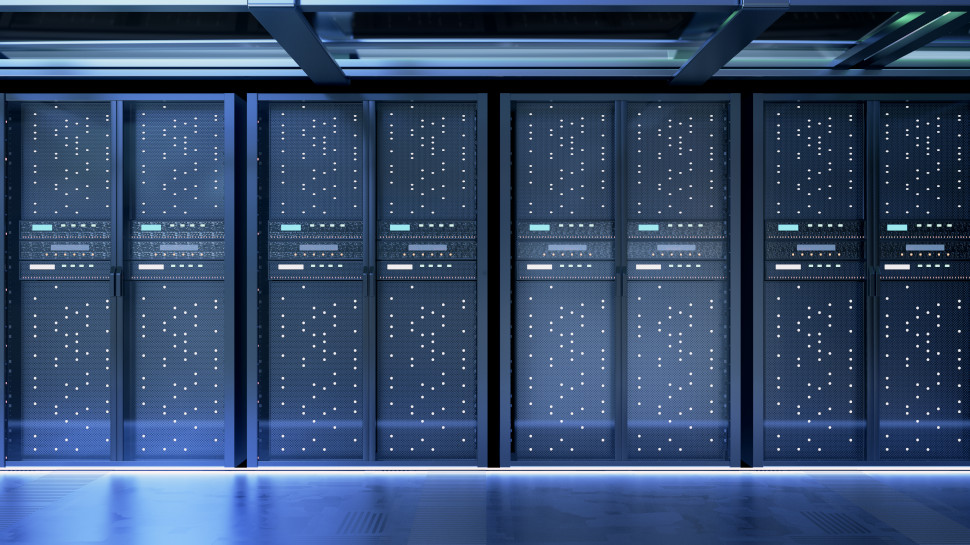I think Microsoft Azure “Eagle” is probably the most important tech news of 2023 that you haven't heard of — here's why
Microsoft's Eagle supercomputer is the most powerful cloud-facing system in the world

Microsoft Azure's Eagle system has more computing power than all but two of the most powerful supercomputers in the world, and it's open to developers to run their applications on — albeit for a hefty price.
The Frontier and Aurora systems, which are the two most powerful supercomputers in the world that have both passed the exascale barrier, are closed off to commercial interests and are instead at the heart of, for instance, scientific research.
However Eagle differs, in that Microsoft has opened usage up through the Azure cloud platform for those who want to take advantage of its huge performance levels and run high-performance computing (HPC) workloads.
Maximizing power, but at what cost?
With a maximum performance of 561 petaFLOPS, Eagle is a new entry on the TOP500 list, coming in at third place. It's the highest that a cloud system has ever achieved in this ranking of the top 500 most powerful supercomputers in the world, with another Azure system previously breaching the top-ten two years ago.
The 1,123,200-core Eagle is fitted powered by the Intel Xeon Platinum 8480C 48C CPU alongside 14,400 Nvidia H100 GPUs, alongside Nvidia InfiniBand NDR technology, which increases AI and HPC performance.
While reliant on technology from partners like Intel and Nvidia, there's every chance future systems Microsoft builds will ditch the best GPUs and the best CPUs built by others in favor of custom silicon. This is especially pertinent in light of a recent collaboartion with Arm.
The Azure Cobalt CPU, based on the Arm Neoverse CSS architecture, is the firm's first custom silicon built for the cloud, and may be the first in a line of chips that mean future supercomputers are powered by Microsoft 100%.
Sign up to the TechRadar Pro newsletter to get all the top news, opinion, features and guidance your business needs to succeed!
But with regards to Eagle, having such a powerful supercomputer available to, in theory, anybody with the capacity to pay, may be the source of anxiety as far as cyber security goes. With security often seen as a barrier to reaching dizzyingly performance levels, there are fears vendors may compromise on some measures in favour of maximizing performance.
While this may not seem a huge issue for systems like Frontier or Aurora, which have particular cases and highly limited access to a handful of researchers, the same can't be true for cloud-facing systems like Eagle.
More from TechRadar Pro

Keumars Afifi-Sabet is the Technology Editor for Live Science. He has written for a variety of publications including ITPro, The Week Digital and ComputerActive. He has worked as a technology journalist for more than five years, having previously held the role of features editor with ITPro. In his previous role, he oversaw the commissioning and publishing of long form in areas including AI, cyber security, cloud computing and digital transformation.